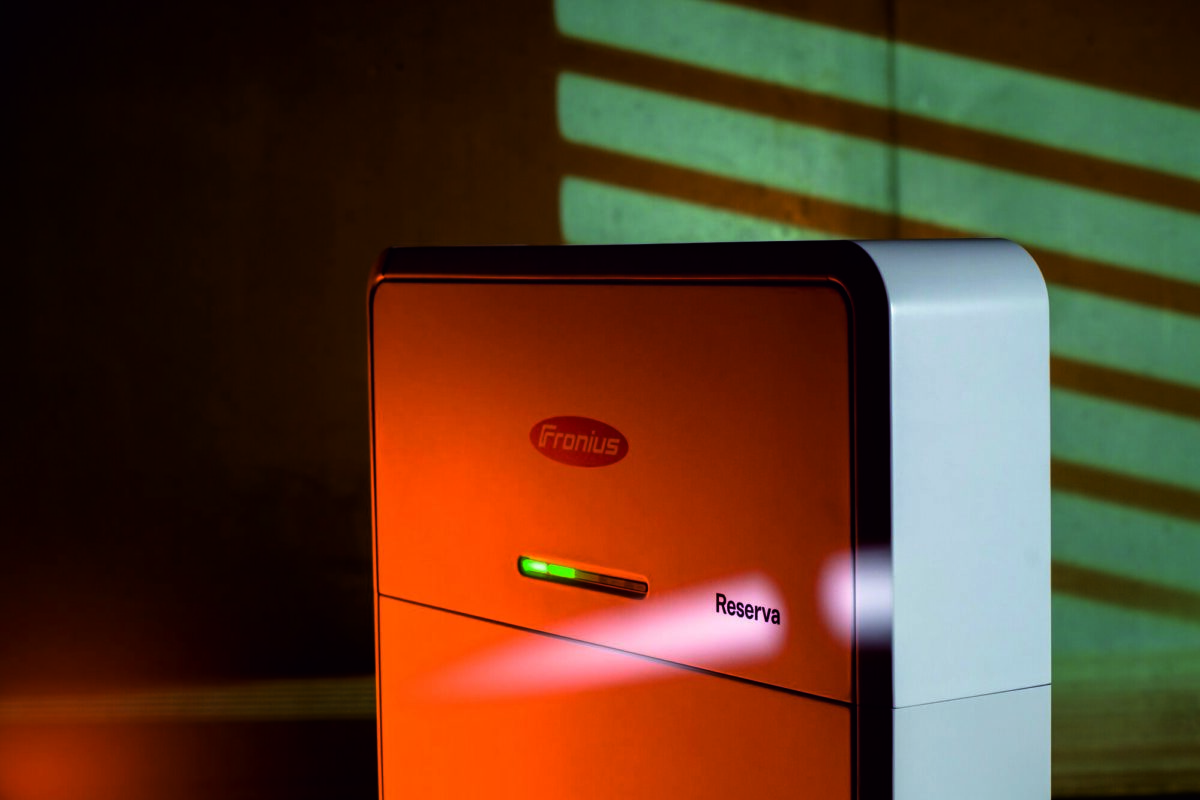A group of scientists at the Worcester Polytechnic Institute claims to have significantly improved the efficiency of a layered mixed halide perovskite solar cell by applying a range of pressures to the device to improve its interfacial surface contacts.
The proposed pressure-assisted manufacturing technque is said to increase pressure results in the densification of the mesoporous titanium dioxide (TiO2) layers and the infiltration of the mesoporous layers with the perovskite layers. The applied pressure results in the closing up of voids and the corresponding increase in the interfacial surface contact lengths, which increases with increasing pressure.
Mesoporous materials are a type of nanoporous materials with pores sizes between 2 and 50 nanometers which are widely used as adsorbents and catalysts. Mesoporous layers are used in perovskite cells to improve the electron transport as well as light utilization.
The solar cell efficiency was raised from 9.84% to 13.67% by applying pressure values between 0 and 7 megapascal (MPa). “However, the photoconversion efficiencies decrease with increasing pressure, for pressures beyond 7 MPa,” the scientists explained.
These lower efficiencies are due to the fragmentation of the perovskite grains, and the sink-in of the perovskite layers into the mesoporous layer. “Therefore, for best results, moderate intermediate pressures are required for improved contact,” the group stated.
The research team added that the significant effects of pressure suggest that pressure-assisted processes such as lamination, cold welding and rolling/roll-to-roll processing may be used to produce more performant perovskite solar cells.
The findings of the research were presented in the paper Pressure-Assisted Fabrication of Perovskite Solar Cells, published in Scientific Reports.
This content is protected by copyright and may not be reused. If you want to cooperate with us and would like to reuse some of our content, please contact: editors@pv-magazine.com.




By submitting this form you agree to pv magazine using your data for the purposes of publishing your comment.
Your personal data will only be disclosed or otherwise transmitted to third parties for the purposes of spam filtering or if this is necessary for technical maintenance of the website. Any other transfer to third parties will not take place unless this is justified on the basis of applicable data protection regulations or if pv magazine is legally obliged to do so.
You may revoke this consent at any time with effect for the future, in which case your personal data will be deleted immediately. Otherwise, your data will be deleted if pv magazine has processed your request or the purpose of data storage is fulfilled.
Further information on data privacy can be found in our Data Protection Policy.